Many students at Pace aren’t interested or engaged in science classes. This is shown in low Regents exam scores, which have gone down noticeably in recent years.
For example, the pass rates of the living environment Regents exam have steadily gone down. In 2022, the pass rate for Pace students was 64%, and in 2024, the percent passing declined to 59%.
One of the many science teachers, Ms. Papsidero, is under the impression that the cause of this issue is due to the lack of student engagement in school.
“Students are not putting effort or prioritizing school; they’d rather prioritize socializing,” Ms. Papsidero said. “Despite having resources, everything is still a challenge for them.”
However, some students believe that the teachers aren’t inspiring or engaging enough for students to learn the material. This miscommunication can negatively impact both groups.
This dynamic was seen in the physics course, taught by Mr. Suriel. Toward the end of the first semester, a number of students brought up concerns.
Students wrote a petition addressing a variety of complaints on grading ethics, the teacher’s presentation style, student’s workload and expectations. Students were most unhappy with the grading policy in the class.
Throughout the first semester of physics, the course relied only on tests to demonstrate if students were doing well in the class. Students would not truly know how they were doing in the class until the end of the semester with how long Mr. Suriel took to grade tests.
The majority of students’ grades plummeted due to a lack of retakes and preparation. Senior Kailee Powell said, “He’s a good teacher. It’s just the way that he went wrong assigning stuff and grading tests, you know. He was trying to be something he wasn’t. It’s very clear.”
However, as the second semester is coming to a close, most students say there have been some major improvements in the course. Mr. Suriel used the student feedback. He has been assigning more work to give students more opportunities to boost their grades.
“I took inspiration from [the petition] in terms of how I handled it this semester by taking longer with the concept rather than just saying the concept and going into the math and then expecting you guys to do the quiz,” Mr. Suriel said. “I think I’ve dragged out the idea of understanding the principles more.”
Pacer NYC spoke to other science teachers for their perspectives. Ms. Gold understands that the subject of science can be uninteresting; however, that doesn’t mean it’s not important. Ms. Gold tries to run her classroom in an authentic manner.
“The whole thing about teaching is, when leading classes, the way you do it has to be authentic to the teacher,” Ms. Gold said. “If you don’t, you’re trying to be someone you’re not. The kids see it and the kids smell it.”
Another teacher that many students react positively to is Mr. Cyphert, the environmental studies, AP environmental science and biology teacher.
Mr. Cyphert gives students opportunities if they are struggling. “I give them opportunities for relearning and retaking. There’s also extra help outside of class time.”
He strives to create an interactive and welcoming environment that captures students’ attention, allowing them to develop a better interest in the science world.
The administration currently is working with the science teachers to amend the science courses to further increase involvement with the students. The administration has recognized the fact that due to Covid there was more of focus on communicative learning rather than academic learning, which they want to change in the future.
“Students need to know that these are expected courses,” Mr. Glatz said. “They need these classes to be on the same playing field. Now that Covid is over, we have to move from a social aspect to a more academic one,” he said.
However, while the science courses are undergoing changes, Mr. Glatz strongly encourages students to raise concern when needed. “Students shouldn’t have to tolerate things that are bothering them and can talk to admin without being scared,” he said.
Reported with instructional assistance of freelance journalist Arabella Saunders.

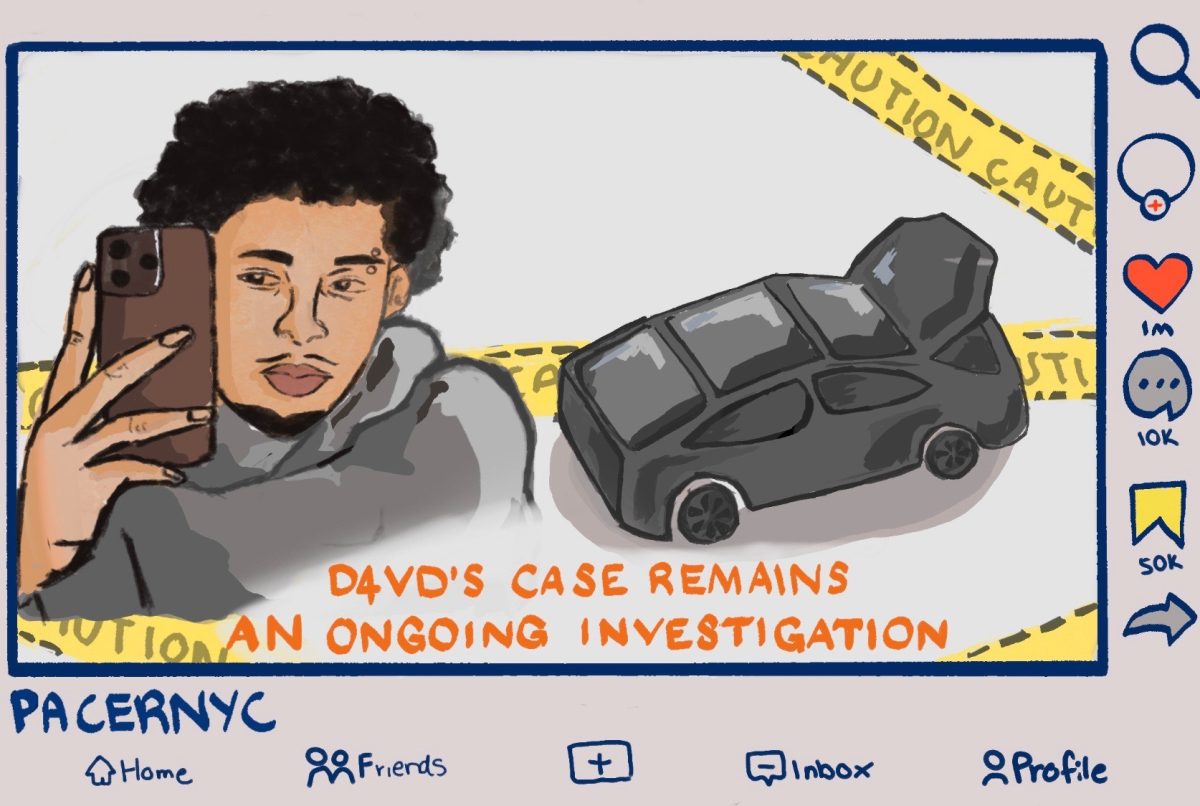

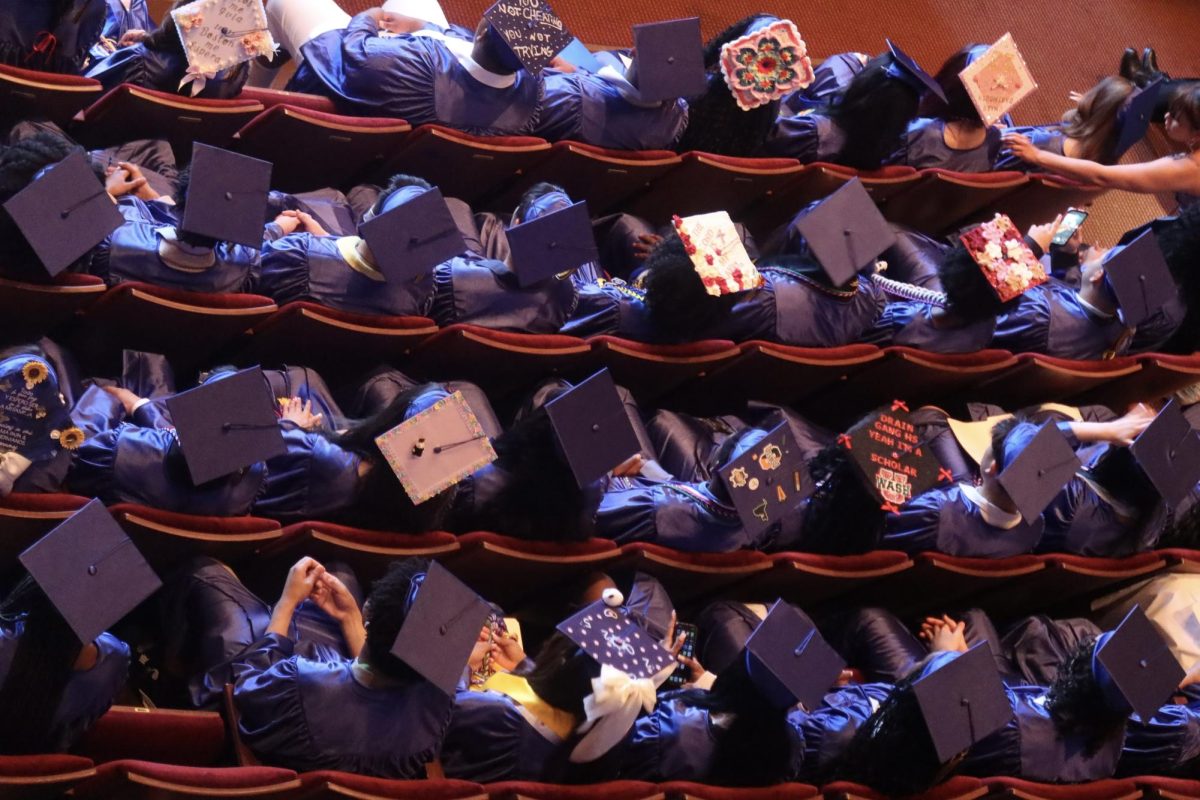
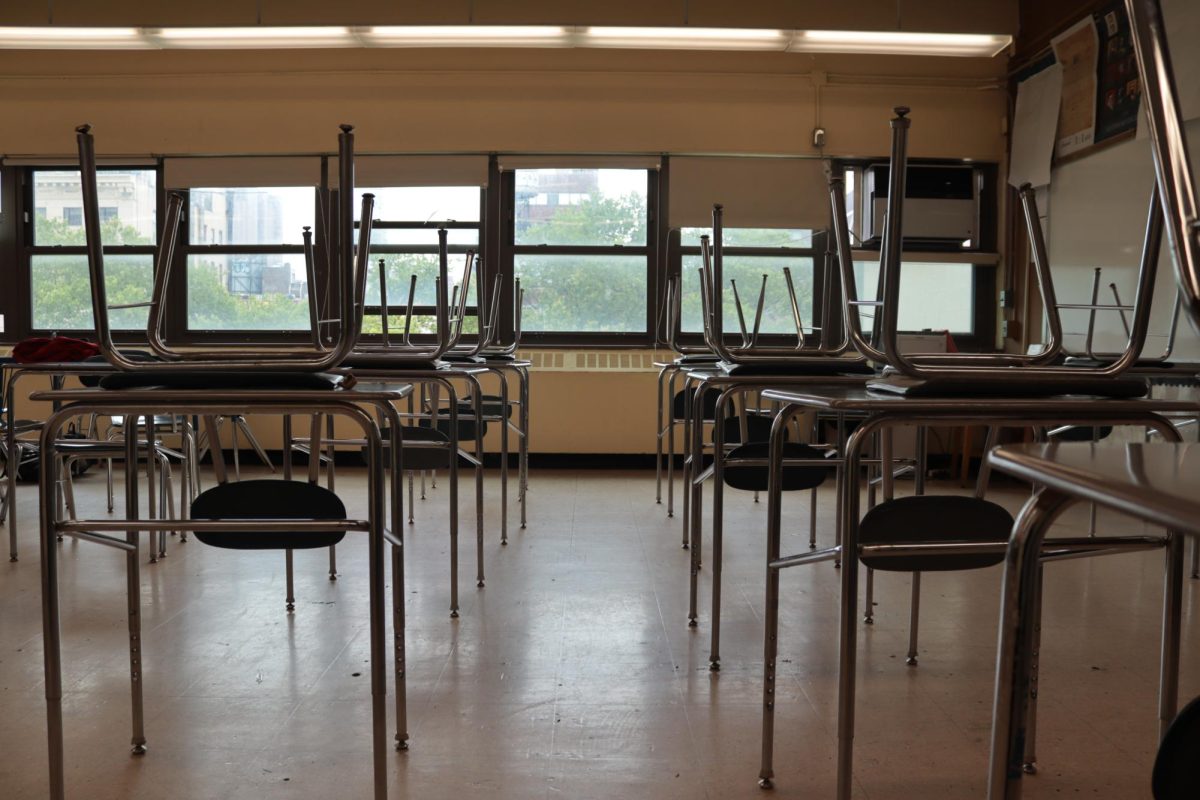
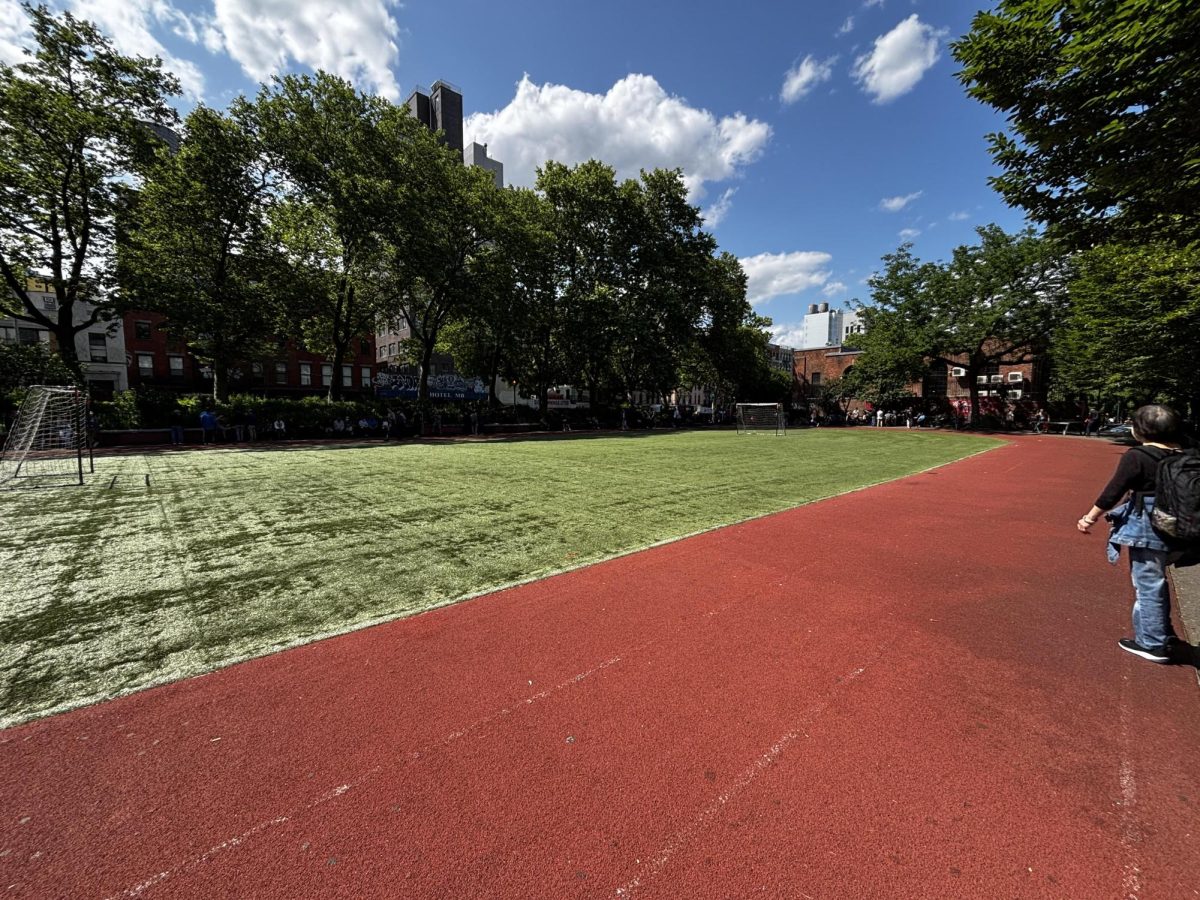
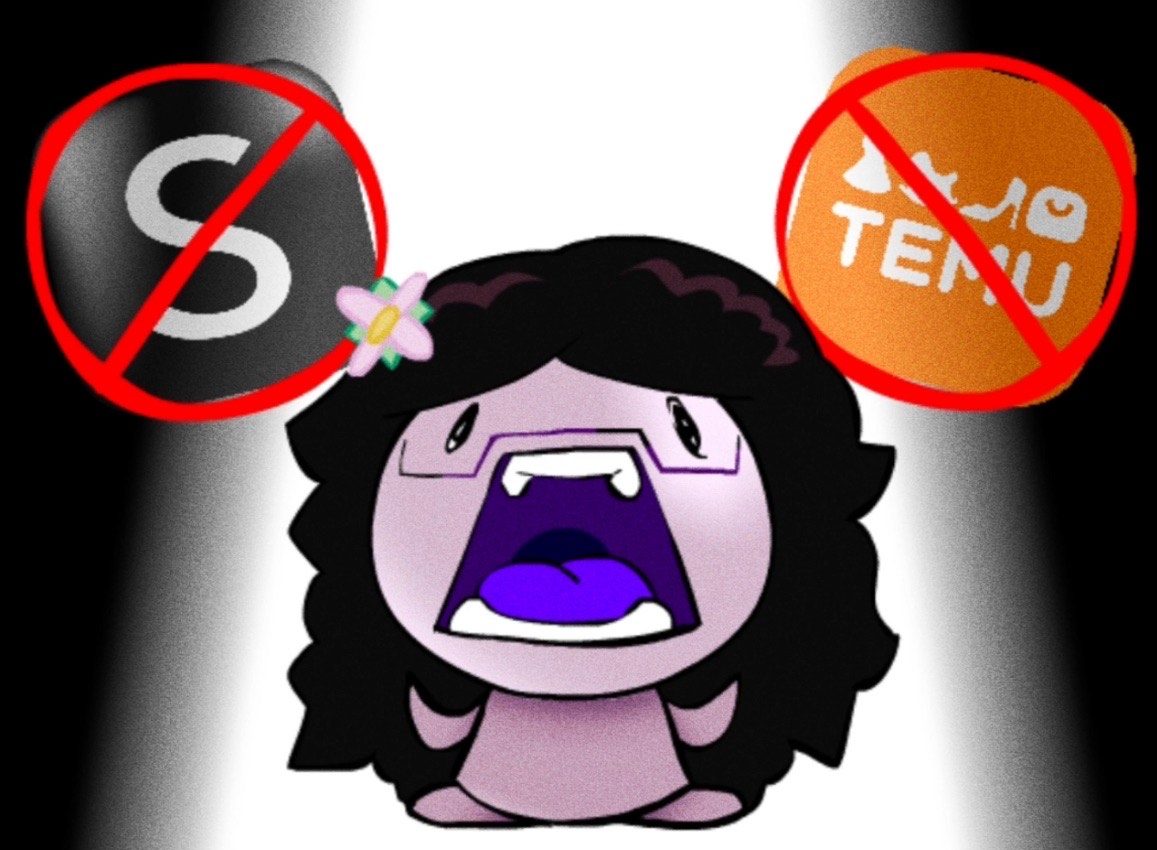


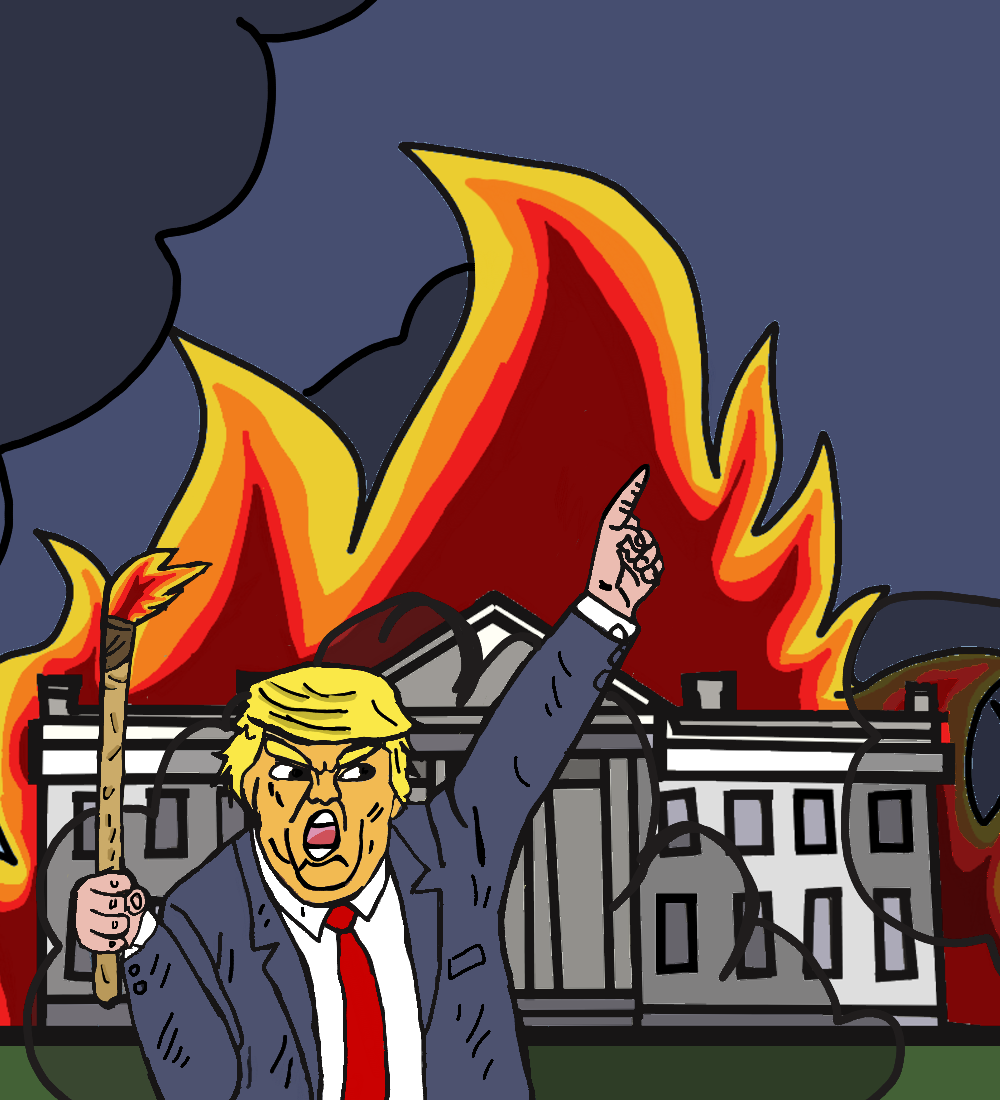
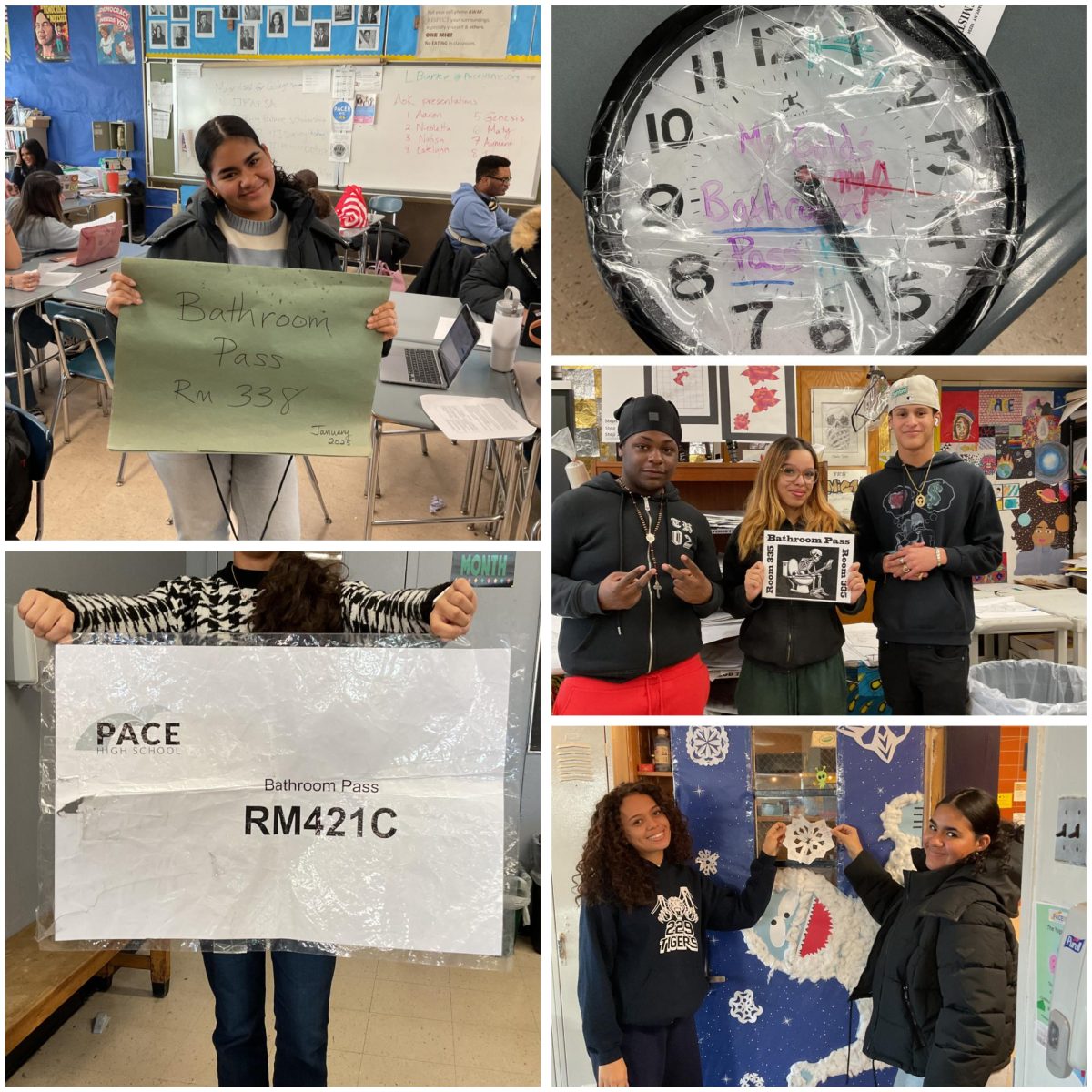




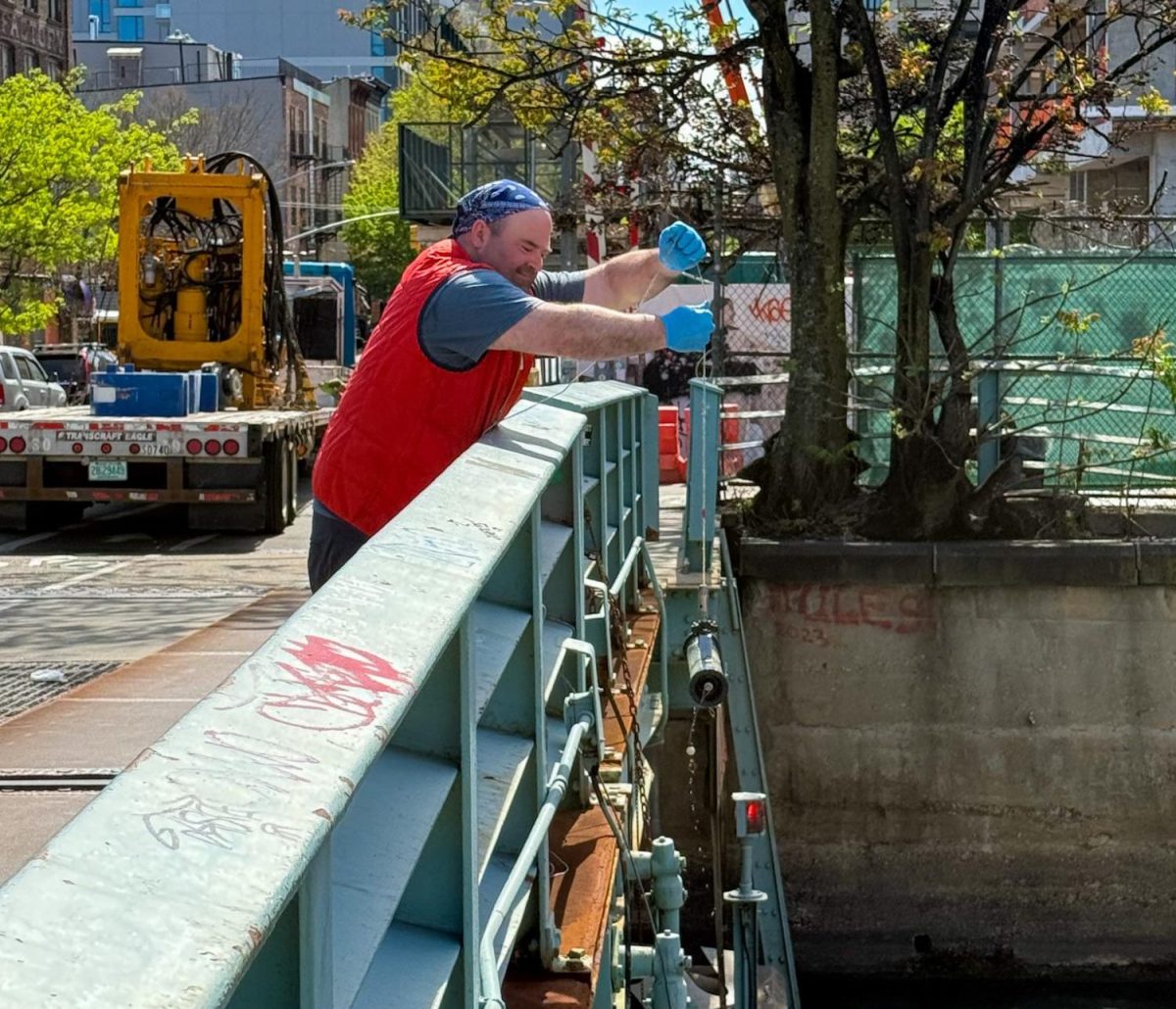
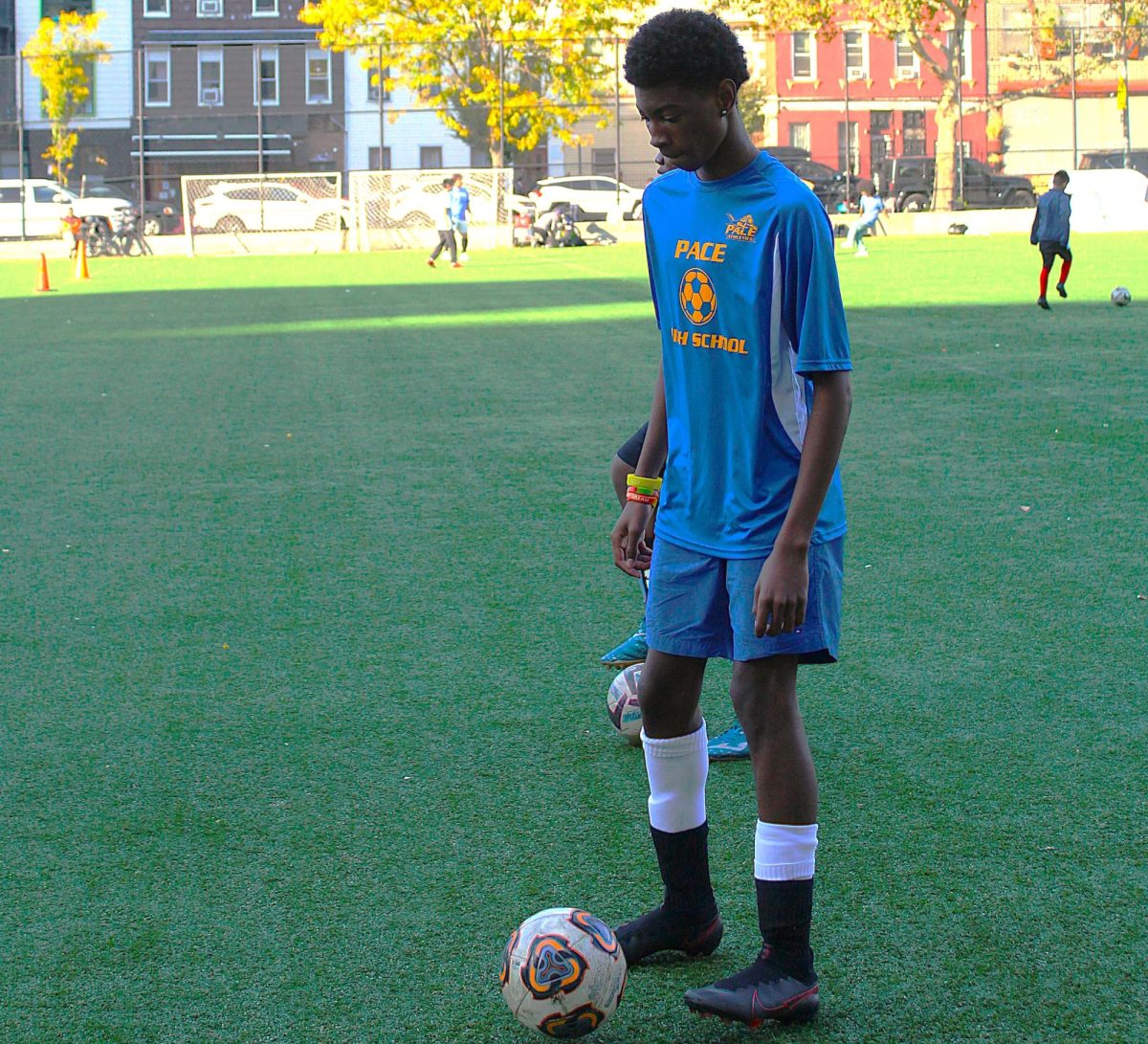

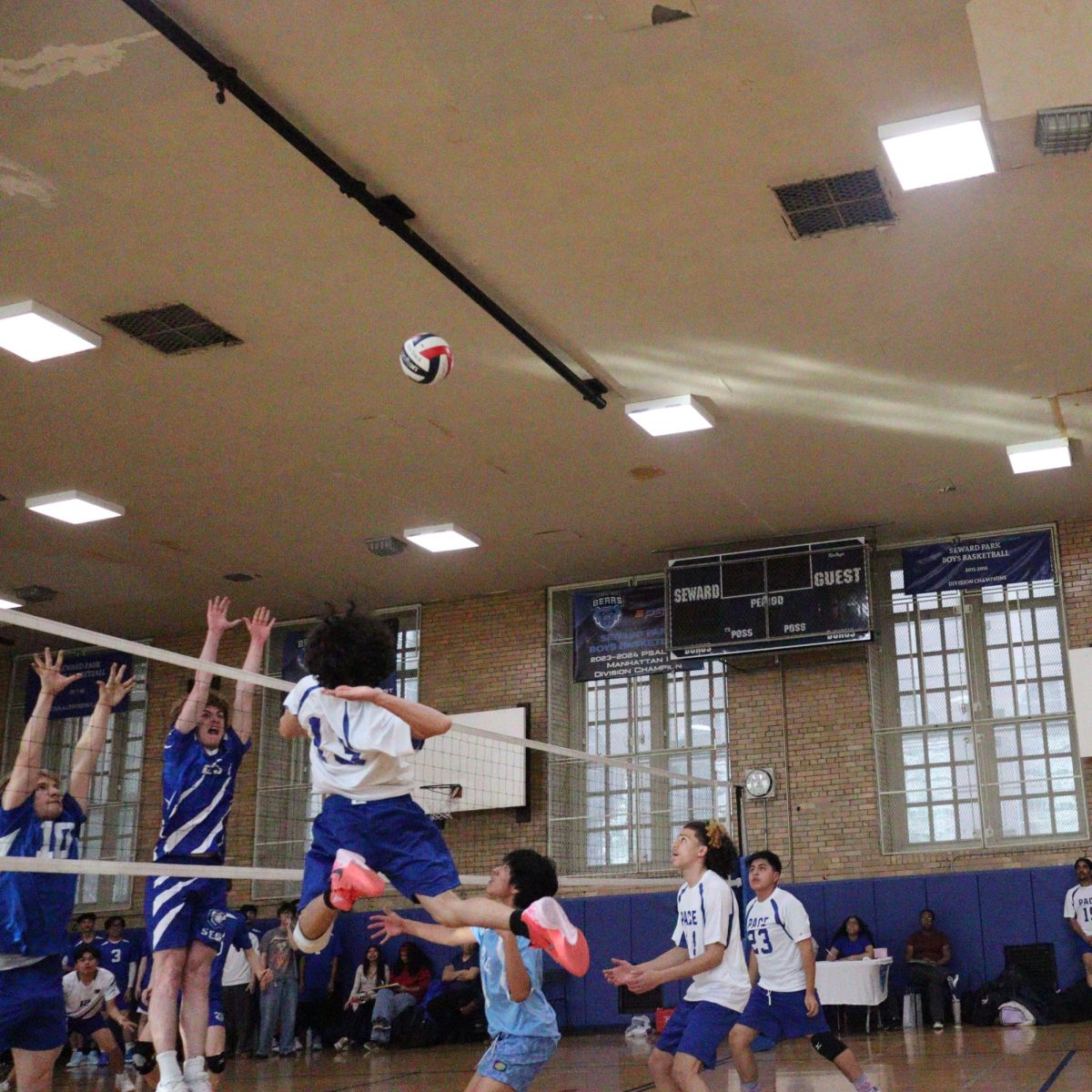
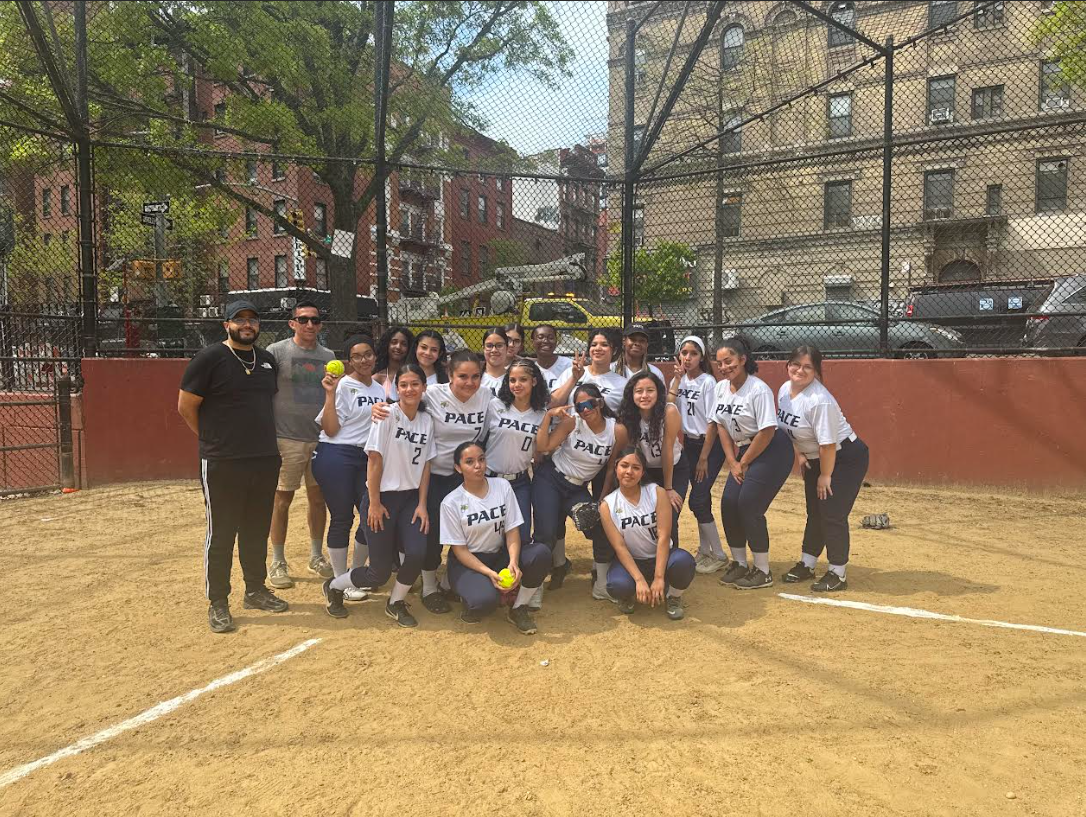

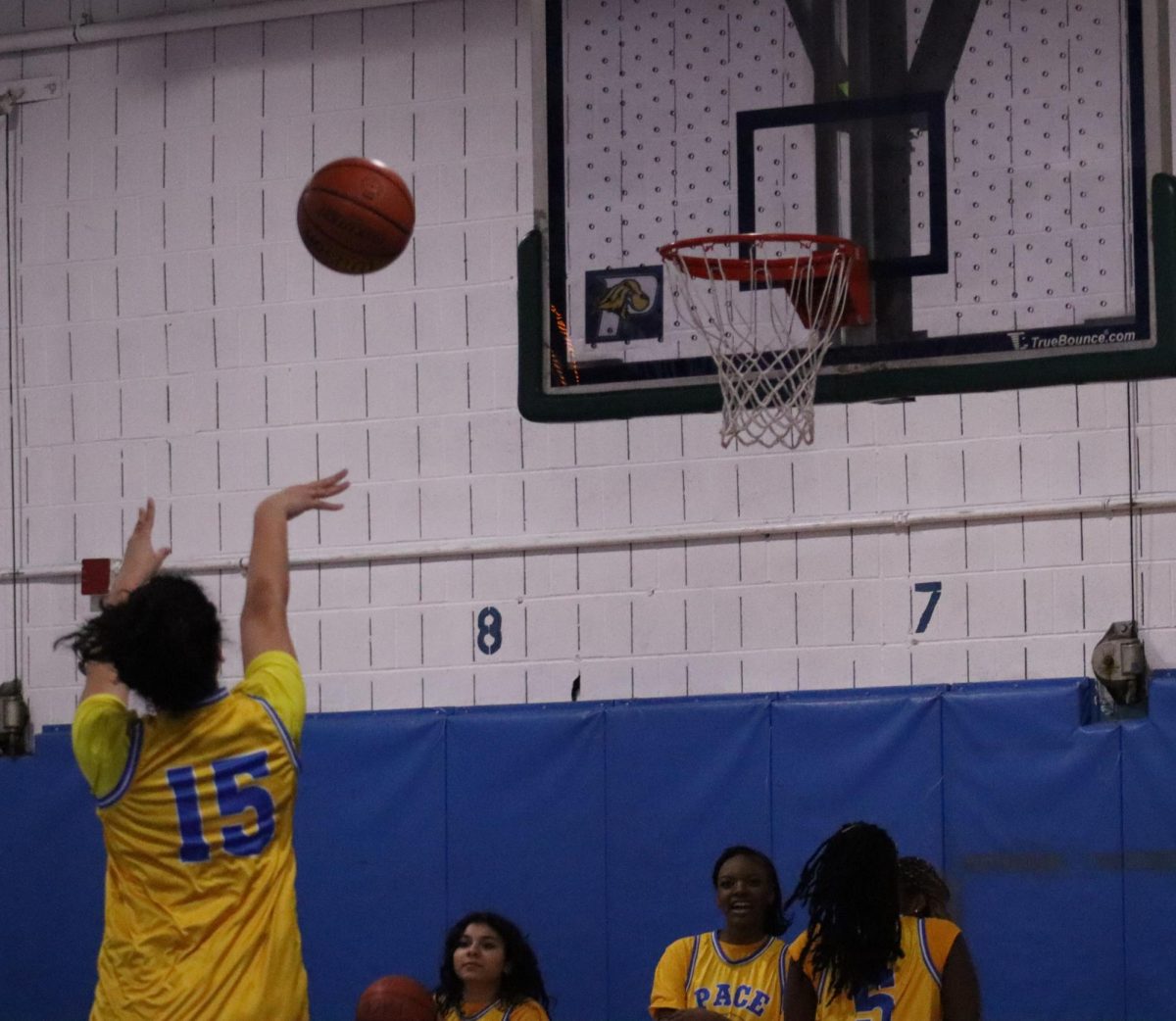

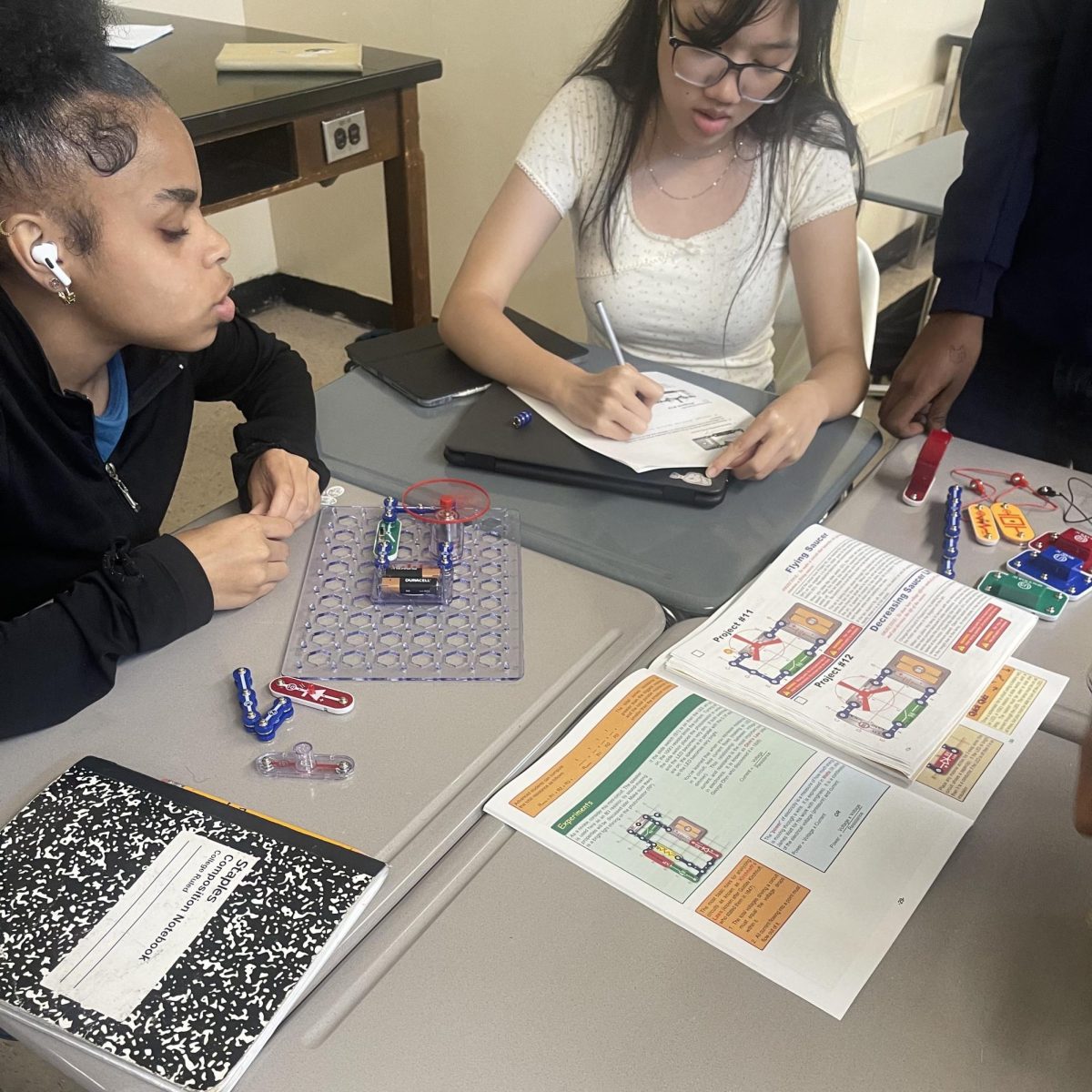


Tracey Dillon • May 28, 2025 at 1:49 pm
This is happening in Science classes in Middle School as well. If a teacher takes too long to hand back grades, then the student suffers because they get no feedback on the work already completed and hence can’t use that feedback to improve on future assignments. Why aren’t there regulations in place for how long after something is due a grade and feedback is given to the students. This is not rocket science people.